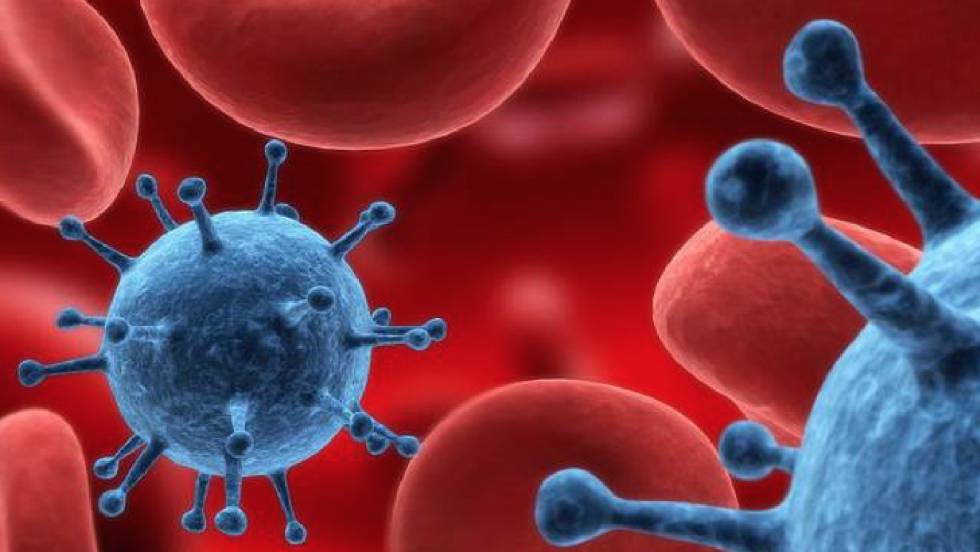DENGUE FEVER
Dengue is a mosquito
born viral disease
Occurs in tropical areas
Vector- Aedes aegypti
mosquito
Cause: dengue virus
4 distinct type of
dengue virus- type 1,2,3and 4.
Clinical presentation: 3 broad patterns.
1. Classical dengue
2. Dengue hemorrhagic fever
3. Mild atypical form.
Classic Dengue
Incubation period about
1 week
Prodromal symptoms like
mild conjunctivitis,cold
Abrupt onset of fever
with splitting headache, retro orbitl pain,back ache,joint pain.
Insomnia,anorexia, loss
of taste weakness.
PHYSICAL EXAMINATION
conjunctival congestion,
Tenderness upon pressure
on eyeball
Lymph adenopathy,
Skin rash
2-3 days after the onset
,temperature may decrease to near normal and other symptoms may
disappear.This remission typically lasts 2 days
Following this there is
return of fever and symptoms
This is called saddle
back fever
Lab findings:
Neutropenia,leuko penia
Virus can be isolated
from blood,
Viral antibody titre
rises.
TREATMENT: only symptomatic with analgesics and
antipyretics.
HEMORRHAGIC FEVER/Dengue
shock syndrome
Can be caused by all 4
viral sero types.
WHO clinical
classification of Dengue fever
Grade1:
Fever,constitutional symptoms, positive tourniquet test
Grade
2:
Grade1 Plus spontaneous bleeding
Grade3:
Grade 2 plus circulatory failure plus agitation
Grade4;
Grade2 plus profound shock.
All 4 grades are associated with thrombocytopenia and
hemoconcentration
TREATMENT
Fluid replacement,
Platelet/blood
transfusion
Corticosteroids
Symptomatic treatment.
WHO criteria for
diagnosis of Dengue Hemorrhagic fever
Acute onset high
continuous fever lasting for 2-7 days
Hemorrhagic manifestations:
petichea/purpura/ecchymoses/epistaxis/bleeding gums
Hemetemisis,melena
Hepatomegaly
Thrombocytopenia ≤
100000/cubic mm
Hemoconcentration ,
hematocrit increased by≥ 20%
Dengue Shock
syndrome:
Rapid, thready pulse
with narrow pulse pressure less than 20mm /hypotension
Cold clammy skin and
restlessness.
LAB tests:
Important lab
tests at present available
1.viral culture
2.viral RNA detection by
reverse transcriptase(RT-PCR)
3.serological
tests-immunoglobulinM
ELISA-enzyme linked
immunoabsorbant assay (MAC-ELISA)
All these diagnostic
assays have their own snags.
Also diagnosis at
the early stage of illness is very difficult.
Gold standard test is viral culture - disadvantage –time
consuming procedure-cannot be used as a routine.
RT-PCR useful in early
stage-but trained staff ,cost and sophisticated equipment ‘s need-disadvantage.
MAC-ELISA-commonly
used-but sensitivity is low in first 4 days
New approach
ELISA against non structural glycoproteins( NSI antigen)- very
useful in early phase
Early diagnosis and
treatment reduces mortality
But it may not
predict severity of dengue infection early.
Molecular virology-
the basis of lab diagnosis
The
viral poly proteins are classified into 2 types
1.structural
polyproteins: 3 in number:- C,PrM and E
2.Non
structural poly proteins.:NS proteins: seven in number
Of
these NS1 is important.;It has a role in
viral RNA replication
NS1 antigen
This antigen, a glycoprotein, is found in abundance
in patient’s serum in early stages
It is useful for the diagnosis in early and acute
stage
ELISA based assay
of this antigen- non structural
glycoproteins( NSI antigen)- very useful in early phase diagnosis,in the
viremic stage
Summarizing,
current therapy is symptomatic consists mainly of
fluid replacement
Selective therapy is not available.
Vaccine
No vaccine is available.
Finding a vaccine agaist all 4 sero types is being
problematic.
A Japenese
firm is expected to market a dengue
vaccine soon.





